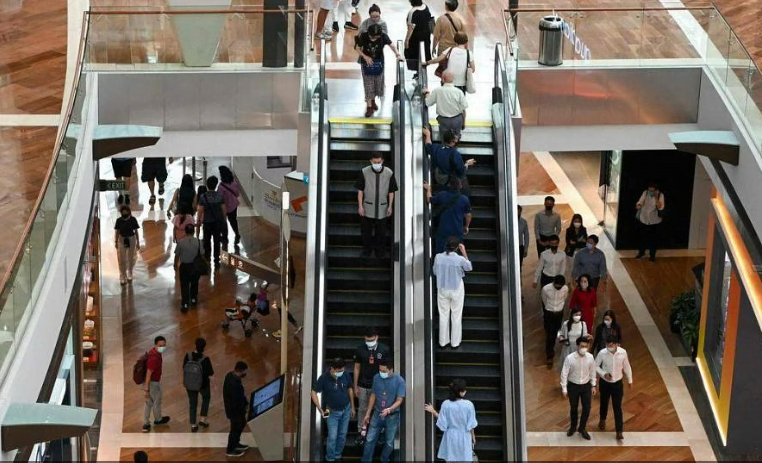Source From : Business Time, Author: Sharon See
https://www.businesstimes.com.sg/singapore/economy-policy/retail-firms-still-need-improve-non-wage-perks-draw-workers-say-industry
RETAIL firms hoping to attract more locals to join the sector with the roll-out of the Progressive Wage Model (PWM) would also need to improve non-wage factors such as progression and flexible work, industry watchers told The Business Times.
From Sep 1, retail workers will be paid a minimum monthly gross salary of S$1,850, with the amount set to rise 8.4-8.5 per cent each year over the next 3 years under the model.
But for a sector already squeezed by severe labour shortages, the wage hike alone may not be enough to draw locals, recruiters said.
Lim Huishan, general manager for Singapore and the Philippines at FastJobs, said salary is just one factor jobseekers are considering, among other perks.
“Close to 70 per cent of retail employers on FastJobs already offer more than the base pay of S$1,850 and are still facing difficulties attracting locals especially since they are competing with other sectors such as F&B (food and beverage), for example, for the same pool of workers,” said Lim.
Instead, employers have a better shot at attracting locals when they are able to offer more flexibility to their workers or reduced work days, such as a 4-day work week, she added.
DBS senior economist Irvin Seah said workers may consider the PWM to be a form of safeguard, but added that it boils down to the company’s ability to ensure that their welfare is taken care of.
“The job design is also very important – the job itself also has to be engaging and also, there needs to be good career progression as well,” said Seah.
The higher salaries stipulated by the PWM could pile further cost pressures on employers amid soaring inflation, and industry watchers said some of the costs may inevitably have to be passed on to consumers.
But this is not likely to cause further inflationary pressures for now, economists said.
“Impact on overall inflation may be small in the near term, as the government will be absorbing and co-funding a significant proportion of the wage increase. The price pass-through will likely be spread over a longer period because of the burden sharing,” said Maybank senior economist Chua Hak Bin.
DBS’s Seah said there are many other bigger drivers of inflation, notably the higher rentals, cost of supplies and shipping rates.
“The PWM recommendations are more of a safeguard towards the longer-term welfare of workers, not so much to drive wages higher because wages by themselves are already going up because of market forces,” he said.
Indeed, employers like Evangeline Seah, who owns FE The Nail Lounge, said they were already planning to give their workers an increment even before the PWM was announced.
“It is more of a timely coincidence,” she said, adding that she is hoping to retain her staff, many of whom have been with the company for nearly a decade.
“The rising cost is a challenge, and moreover, rentals are getting higher too. However, we will improve our business by adding more value-added services to keep customers,” she said.
Kelvin Foo, director at RK Recruitment, noted that candidates have in the past turned down jobs in the retail sector after finding out what the salary is in favour of better-paying positions.
Still, the higher progressive wages could have a “ratchet effect” on wages above the minimum level and in competing sectors such as F&B, hospitality and recreation, said Maybank’s Chua.
“Workers will be drawn by the higher pay in the newly protected retail sector, which could ironically worsen the labour crunch in other sectors like hospitality,” he said.
In the short term, said OCBC chief economist Selena Ling, the PWM may also lead to an “intensified wage inflation if there is a situation of musical chairs taking place within the tight manpower conditions without a greater influx of foreign workers”.
For this reason, RK Recruitment’s Foo believes the roll-out of the PWM may not necessarily decrease firms’ reliance on foreign staff, especially since the cost of hiring them does not differ much from that of hiring locals even with the model.
Still, analysts believe the cost challenges could ultimately push retail firms to raise their productivity by accelerating their transformation towards greater automation and self-service, so that they can make do with fewer staff.
But this will not be an easy transition, particularly for smaller companies that are struggling to fork out the capital investment.
“Affected firms would have to reassess the marginal cost of hiring an additional worker versus investing in technology or digital platforms that may overcome the shortage of customer-facing staff,” said OCBC’s Ling.
But the use of technology to overcome productivity challenges is not new and is in fact an important lesson from the Covid-19 pandemic, said DBS’s Seah.
Hiring more workers is not the solution, he said, particularly if they do not add to productivity.
“If you can hire more workers and enable them to be productive by having technology to complement them, then the overall output for the companies will be quite significant,” he said.





